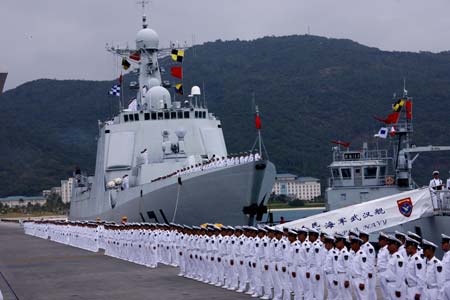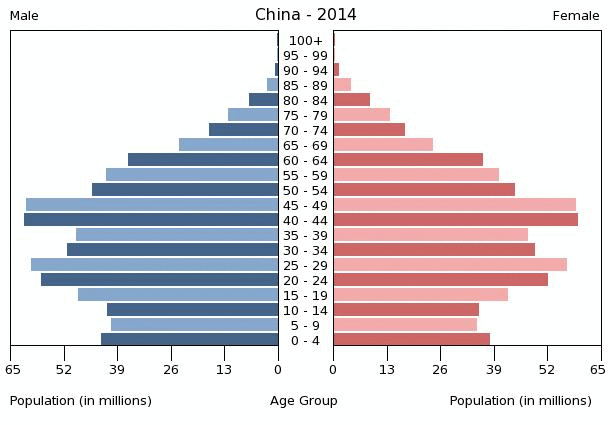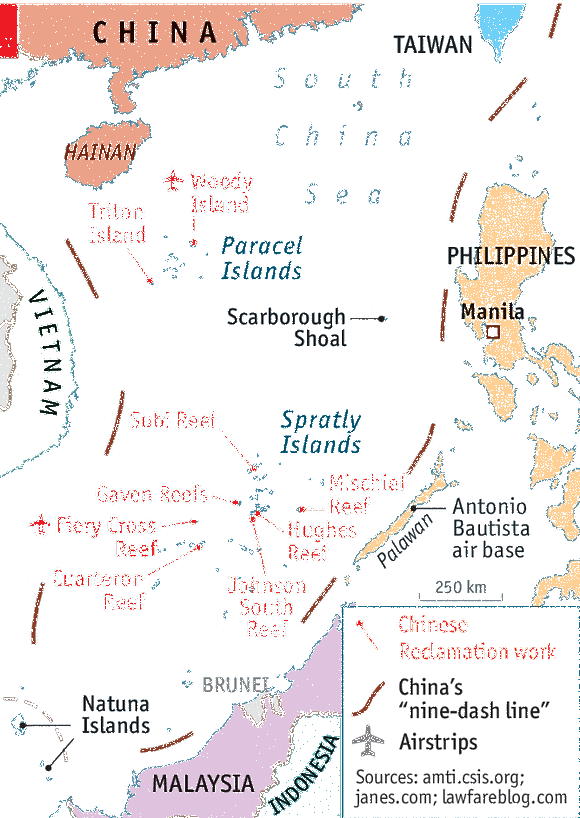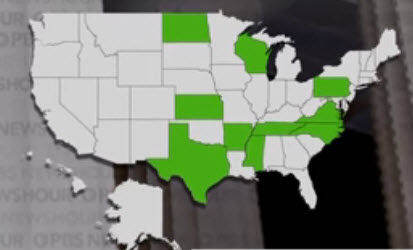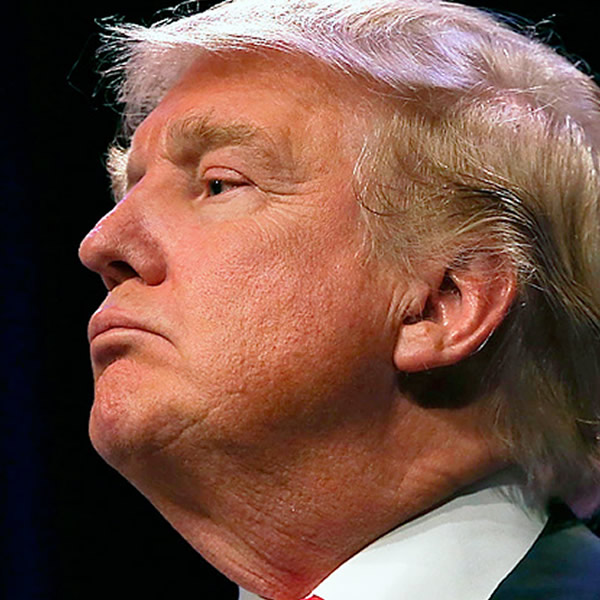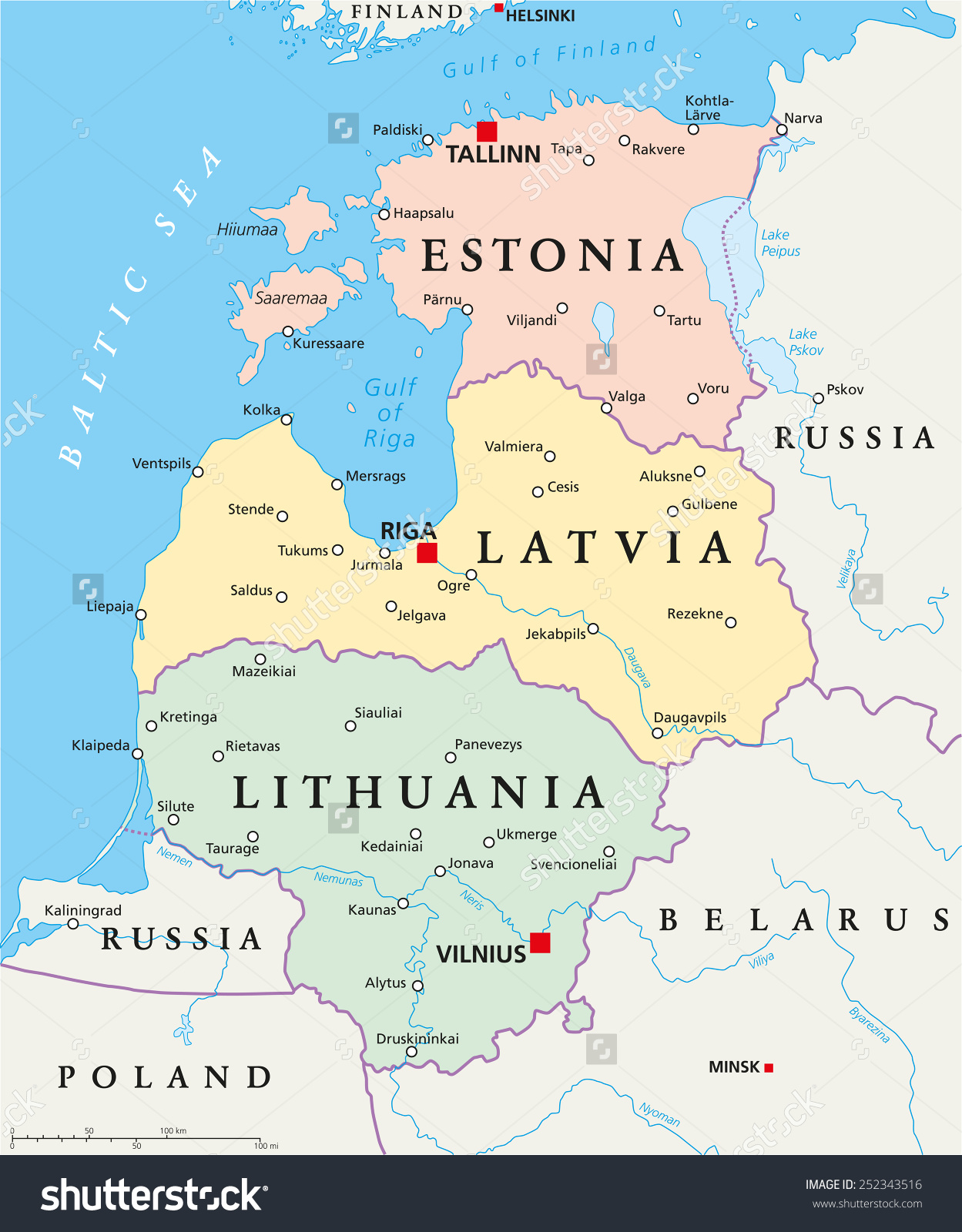Trump 3.0, if it had been the real thing, he could have won
By guest columnist Al Rodbell
As part of the Donald Trump pivot, his new Campaign Manager, Kellyanne Conway, was interviewed by Chris Mathews introducing the “New kind and gentle” candidate, previously made famous by leading a mob of acolytes that he boasted, without rebuttal, would support him if he killed an innocent stranger on a busy street.
He is right, as leaders of street gangs or organized crime gain power by ruthlessness that is never met with objections, but rather increased fealty to the leader, be it of a gangster mob or a national dictator. Trump won the Republican nomination with this persona, but realized last week that he not could win the national election, where his “gang members” do not constitute a majority.
Since his gang has nowhere else to go, this consummate performer is taking on a different role, a new persona, one that could grab just enough of those in the middle for him to gain the presidency. His new part is the contrite little boy, who ran away from home and was very very bad, but really loves his mommy and daddy and even his little brother who stutters that he made fun of. He’s a full-blooded spoof of Bart Simpson, as he tried to hold in his tears of embarrassment for being so bad, and convey it with a wan smile.
It only took a few words delivered from a teleprompter (as the lines had to be spoken exactly as written) at a campaign event Thursday night in Charlotte, N.C. His message was: “I meant well, but you know me I sometimes lose control, but now I won’t be like that any more if you just take me back in”.
“Sometimes, in the heat of debate and speaking on a multitude of issues, you don’t choose the right words or you say the wrong thing, I have done that, and I regret it, particularly where it may have caused personal pain. Too much is at stake for us to be consumed with these issues.”
Those with pets understand this; that even when the pooch got away and bit a kid, or mauled another dog, we still love the little rascal. Or our son who got into a fight, and he really shouldn’t have started it and then lie, saying it was the other guy, but now he really feels bad, so we will give him a big hug.
This is human nature, and the new Trump machine knows this. He has picked the time to reach out to those people who believe in redemption, oppose capital punishment, and want those who committed felonies to be rehabilitated and have every chance to be accepted by society, those who ascribe to an ethos of redemption, even for those who have done great harm to many people.
Now back to another front on this full thrust of transformation of Donald J. Trump. It started during a Town Hall moderated by Chris Mathews who lives with the contradiction of belonging to a religion that considers abortion a mortal sin, while personally being in favor of it. During this event last May Chris asked the question (full transcript), “What about the mother, should she be punished?” Trump, as he has never really thought through any of the defining issues of the political divide, tried to cover this lack of exploring the issue with this dialogue:
MATTHEWS: Do you believe in punishment for abortion, yes or no as a principle?
TRUMP: The answer is that there has to be some form of punishment.
MATTHEWS: For the woman.
TRUMP: Yeah, there has to be some form.
This was an example of Trump thinking on his feet, and his not incorporating the absurdities of distortion of logic that is part of what political discourse has become. Shortly after this he tried to “walk it back” (a strange locution as if one’s statement could be unsaid). Trump’s initial statement was rational, meaning that abortion by definition means the act of a woman destroying her own fetus. Abortion may or may not require the participation of another person, who may be a licensed physician or someone with a coat hanger and an Oxycontin pill to ease the pain.
Trump didn’t know the Republican party line, articulated by his new campaign manager to Mathews this week, which is a statement about “political speech” which sacrifices logic and facts to the prime motivation of influencing voters. Specifically, it demonstrates what the conservative “pro-life” position means for the definition of “woman”.
If abortion is murder, which is what the pro-life position states, then it would follow that the essential person to commit this homicide is the one who controls the victim, otherwise known as the fetus or unborn human being. The person could be a brute who takes a crowbar to the mothers belly and as such, the woman is one of the two victims of a crime.
This is the logic that underlies the situation in the U.K. In England and Wales, where abortion is legal, (Pro-choice) a women is not penalized. Where it is illegal, (Pro-Life) in Northern Ireland, a woman faces severe punishment. This is where the right and left differ dramatically, and why Trump was initially confused, and was expressing his genuine conclusions of one who embraced the “pro-life” position, but for instrumental purposes only. As such he did not understand the ideological and incongruous fiction, which is that medical doctors who follow a mothers autonomous decision to destroy her fetus are the instigators of murder similar to the man with a crowbar who assaults a mother.
This is what Campaign Manager Conway articulated yesterday when she said that a mother who hires an abortionist is a “victim” and does not deserve any punishment. Of course in any situation other than abortion, a person who hires another to kill someone is, as Trump initially said, committing a crime.
The orthodox “pro-life” position would have been perfectly appropriate a century ago when women could not vote, had limited right to contract, and could only be employed in positions that were closely supervised by their natural superiors, men. It was then part of our culture that women, like children would not be responsible if they did wrong in collaboration with those of higher status.
Once buzz words have become ubiquitous and fraught with emotion, the principles underlying them are never brought to light, and so the right to destroy one’s fetus becomes transformed into “Pro choice” and the antithesis of being “Pro-life.” Donald Trump, when he said women should be punished, had not internalized the twist in assumptions of this position to make it politically acceptable, which is why he had been opposed to it most of his life. Now, his natural desire to “be a winner” has transcended whatever humanity he may have possessed, so it’s woman as infant that he must now endorse.
Donald Trump has ripped off his gangster-thug mask to attempt to come home to the warmth of acceptance of those who will forgive the “prodigal son.” It’s the role of a lifetime to be deeply sorry for having offended anyone, of being a bully for so long. We don’t know how the script will play out. The next scene could be he would reveal that when he was a child he never had the benefit of loving parents who would have helped him be a more decent guy.
I have to admit that Donald Trump is one hell of a performer, whether that’s a qualification for President is another question.
Al’s other essays can be found at AlRodbell.com.

